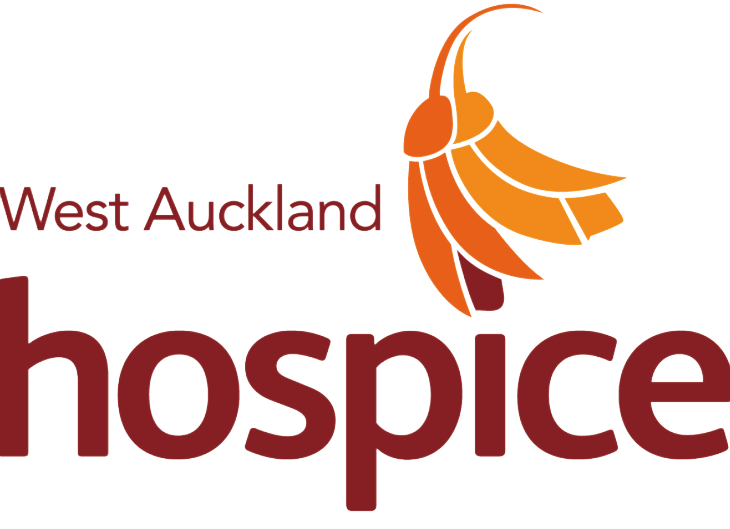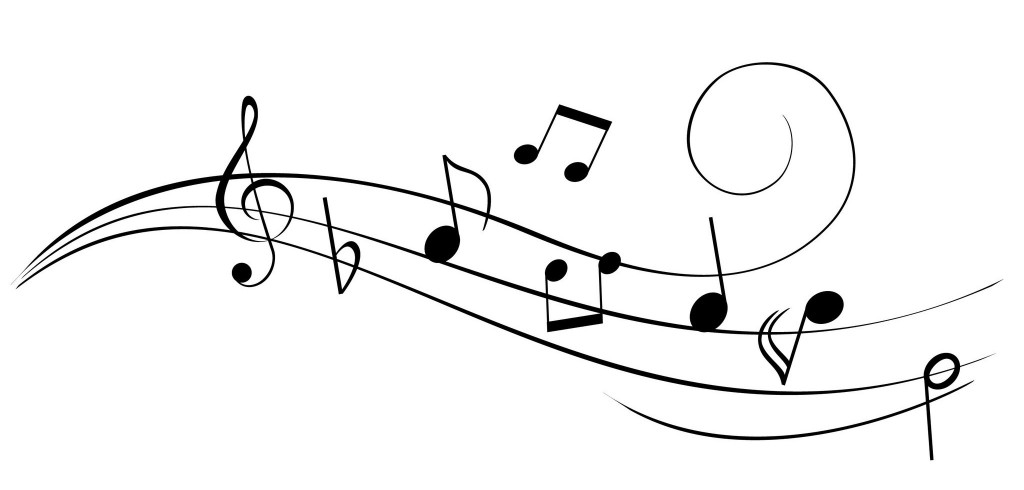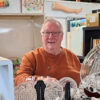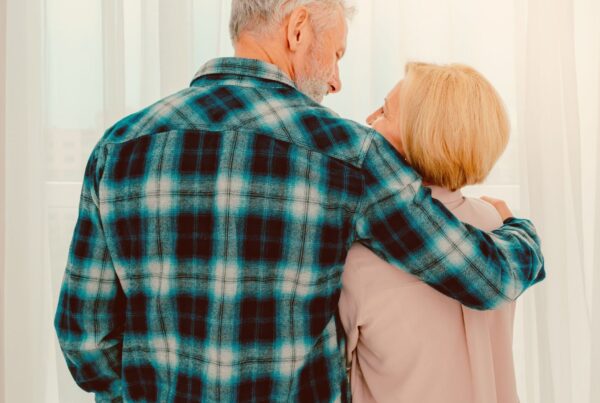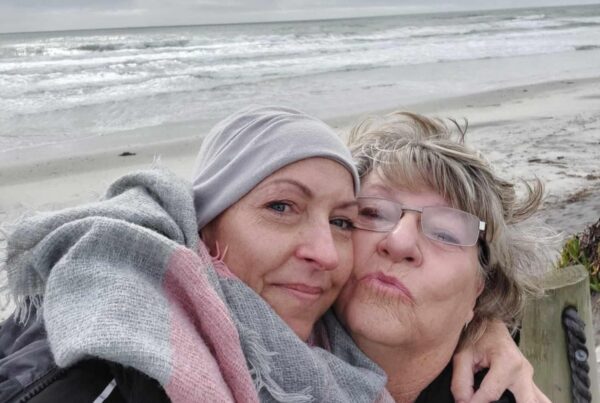When Corrie’s husband of 43 years was referred to Hospice, it reaffirmed everything she knew about the specialist palliative care service – and so much more. “It was the sheer breadth of service that Hospice provided that was incredible for us,” says Corrie. “Our nurse was amazing and struck up an instant connection with Brian. Every single person from Hospice was knowledgeable, supportive, caring, helpful in a day-to-day way, and importantly took the time to talk to me – and the kids if they were visiting. They told us what to expect, what not to expect, and how things were likely to impact. It was explained to us how the dying process was likely to play out, and that was very helpful. I felt incredibly cared for.”
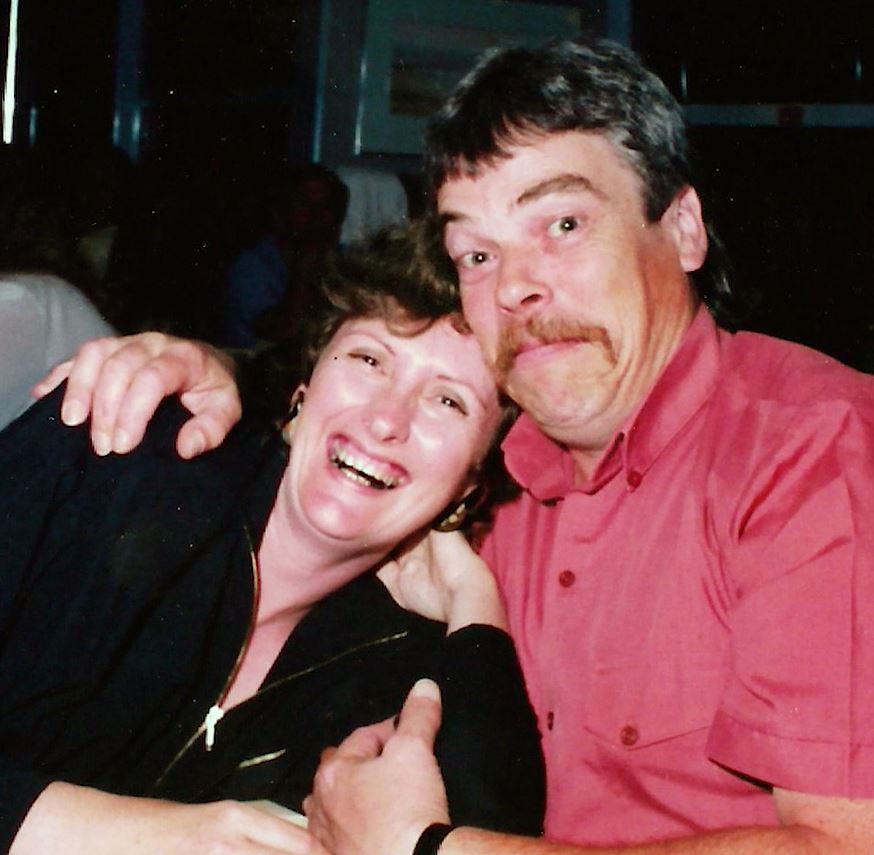
Brian’s oncologist estimated he had around 18 months to live when he was diagnosed with an aggressive form of lung cancer. However, it was two years following his initial diagnosis that contacting Hospice West Auckland was suggested – and the Hospice team cared for him for almost another full year.
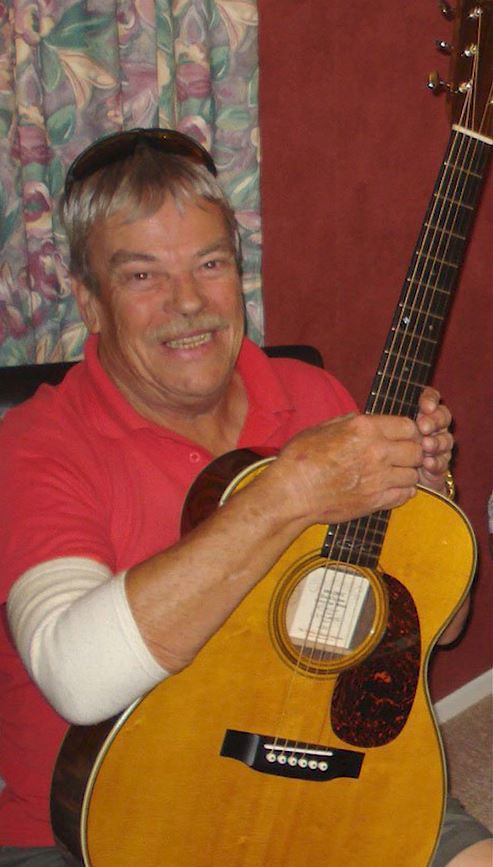
Brian was a talented musician renowned for his guitar playing and beautiful singing voice. Although he was too shy to seek success in the cutthroat music industry, everyone who knew him believed he could have had a professional career if he’d wanted one. Despite having no formal musical training, he was gifted enough to learn by ear and as a young man mainly performed in the West Midlands folk scene with entertainers like Jasper Carrott and Ralph McTell, while sharing a practice studio with icons like Stevie Winwood and Robert Plant when he was in a band.
“Music was the first thing to go,” says Corrie. “As well as the age factor making chord changes difficult on his guitar, he then decided he couldn’t sing – which was completely wrong!” Brian was also an avid golfer – with at least 10 hole-in-one trophies to prove it. Sadly, golfing became too much for him as his cancer progressed. With tumours in his brain, his memory and then speech were affected. “That was the most upsetting thing for both of us, and for the kids,” says Corrie. “And underlying all that was his fear of dying. But that’s when Hospice got seriously involved.”
Their home was immediately set up with all of the vital equipment Corrie needed to care for Brian at home, including a hospital bed and oxygen concentrator. “We had lots of questions – they just went on and on,” says Corrie. “Anything I asked about was answered, anything I asked for was provided. I felt so supported, which meant that Brian felt so supported.” Hospice taught Corrie how to care for Brian at home: “I was trained on how to look after him, which was fabulous. Because of that I was able to care for him right up until the end, when it became too much to manage the physical demands by myself.”
Corrie and Brian quickly discovered the many forms of holistic care the Hospice team could provide to support all of their needs, not just the physical aspects. Maxine, one of HWA’s Counsellors, visited several times to meet with the couple, and also had sessions with Brian individually. “Those sessions definitely helped – afterwards Brian was able to talk more freely about things.”
Music therapy provided by HWA’s Music Therapist Sophie was another holistic discipline that impacted on Corrie and Brian. “I was able to talk to Sophie not just about how I was coping with Brian, but also how the kids were coping. Even though they are adults, his decline was still terribly difficult for them. I was able to vent to Sophie which was incredibly helpful.”
Brian was given therapeutic massages by one of Hospice’s Massage Therapists, Natasha, who brought her portable massage chair to their home. “Even towards the end when he couldn’t manage to sit in the chair, Natasha would still visit to talk to him while massaging his hands and feet with therapeutic oils,” explains Corrie. “And I got free massages at Hospice House!”
Hospice’s Spiritual Advisor Zain also visited. “He was kind and warm and very gentle,” smiles Corrie. “Instead of giving Brian advice, Zain would talk about anything Brian felt like talking about, like our dog or his singing. I remember the three of us singing ‘Streets of London’ together one day.”
Corrie also attended the monthly sessions at Hospice House that are specifically designed to provide support to carers, featuring a different theme and guest each time. It was an opportunity to connect with people in similar circumstances, ask questions and share experiences. “You can feel so much love infused at Hospice House, and everybody is absolutely wonderful. There are all these different people and components that make up the Hospice service. They’re all passionate and knowledgeable, and work with you as a team. That is pretty special,” she says.
Hospice coordinated with district nurses and Brian’s GP to ensure there was full clarity and understanding of his needs and the comprehensive care being provided. They eventually took over his medication, ensuring he remained as comfortable as possible. “Everybody was brilliant, and it was such wrap-around care. All of these things helped me as much as they helped Brian,” she says.

Nine months later, Corrie loves that the door to Hospice House is always open, and that grief and bereavement support is just a phone call away. “I know the offer is always there of ongoing support if I feel I need it. I understand that grief takes many forms and it’s a process that lasts as long as it lasts. I’m sort of wondering who I am now. After 40-odd years of marriage I’m not the same person anymore, and I’m trying to figure out what that looks like.”
Corrie firmly believes that everyone facing end of life should reach out to Hospice. “It isn’t giving up,” she says emphatically. “It’s acknowledging that, while death is closer than we’d like it to be, the last part of the journey of life can be eased for both the carer and the patient. It’s making the most of the time you have left. Hospice is just the most incredible service.”
